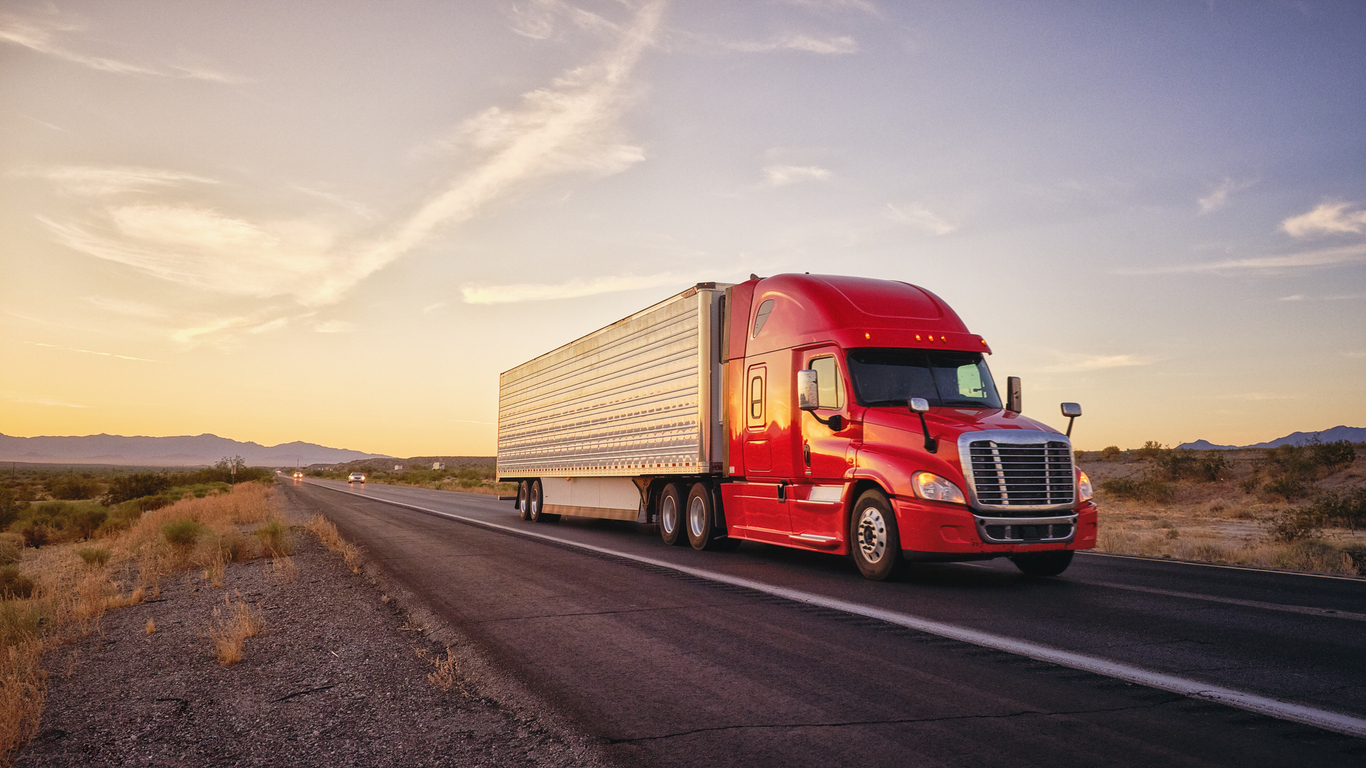
The Future of Shipping Jobs
The Future of Shipping Jobs, What’s Next for Truckers and Warehouse Workers?
The future of shipping jobs is a topic that has been on the minds of many. With the rise in automation and AI, many people are wondering, what will happen to all these jobs? Will they be replaced by robots or will they be automated with AI? The answer is not so simple.
Many companies are looking into ways to automate their warehouses and logistics centers. They also want to keep their current workforce happy and productive while they do so. Other companies are looking into ways to make trucks driverless which would also help keep truckers employed in the long run.
However, there are still some jobs that cannot be automated such as being a truck driver or warehouse worker. These jobs require human interaction which can
What is the Future of Shipping Jobs?
Shipping is one of the most important industries in our economy. It is also one of the most difficult professions to keep up with.
In recent years, jobs in this industry have been replaced by automation and robotics, leaving many people without work. This has led to a lot of concern over job security and the future of shipping jobs.
Here we seek to address these concerns by looking at what the future holds for shipping jobs, how automation and robotics have affected this industry, and what can be done to improve it.
How Automation & AI Assist with Global Shipping Challenges
This article discusses how automation and AI are impacting global shipping challenges.
The global logistics industry is undergoing a transformation as automation and AI are helping to solve some of the most pressing issues in the industry. From improving efficiency and reducing costs to increasing capacity utilization, automation is proving to be a powerful tool that can help companies become more competitive in the marketplace.
Automation and AI are playing an increasing role in global logistics, with many companies finding it difficult to keep up with demand for their services. The implementation of these technologies has brought about new opportunities for shippers, carriers, freight forwarders, and other logistics providers. Still, there have been some challenges that have arisen from this new form of technology. In order to overcome these hurdles, companies must work together with their partners and stakeholders to implement innovative solutions
The Future of Truck Drivers and Warehouse Workers
In the next few years, the trucking industry will undergo a major shift. The future of truck drivers and warehouse workers is uncertain, but what is certain is that robots are taking over these jobs.
Warehouse workers have been replaced by automated systems for some time now. This has caused many warehouse workers to lose their jobs and find themselves in a new position – being a driver for Shiply or Lyft.
The future of truck drivers is not so certain because they are going to be replaced by automation as well, but it won’t happen immediately. There will be a transition period during which humans can take over driving responsibilities again when they’re needed most – like during a natural disaster or terrorist attack.
What do Freight Companies Need to Know About the Future of Travel & Logistics?
The freight industry is quickly evolving with the advent of technology. The future for freight companies will be about automation and optimization.
The need for automation and optimization in the freight industry will have a wide range of benefits for shippers and carriers. They will be able to save time, money, and resources by automating processes that were once tedious or manual.
How Technology Will Change the Way Cargo Moves
With the development of technology, cargo movement has been made easier and more efficient. The use of global logistics software systems has helped to reduce the time and cost of cargo movement.
One way that technology is changing the way cargo moves is through the use of drones. Drones are used for a variety of purposes in logistics, including moving goods from one place to another, monitoring goods in transit, and delivering items to specific locations.
Another way that technology is changing how cargo moves are through blockchain-based tracking systems that make it easier for companies to know where their products are at all times so they can be delivered on time.


